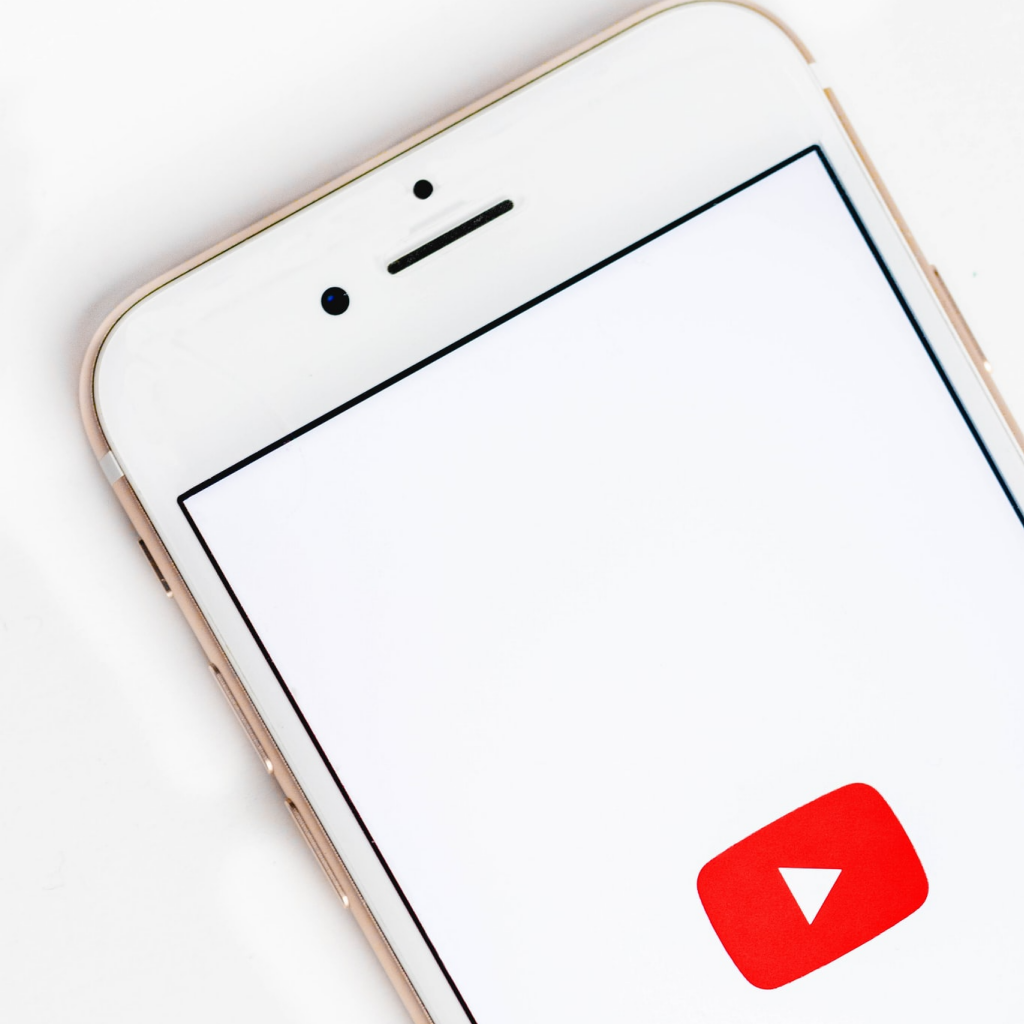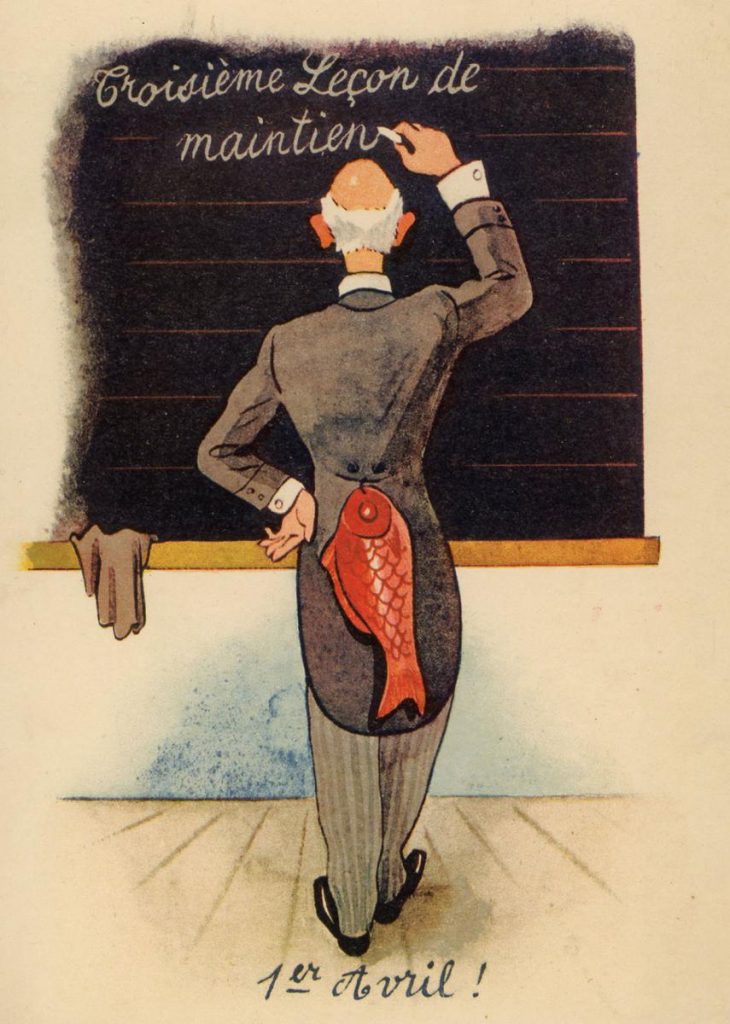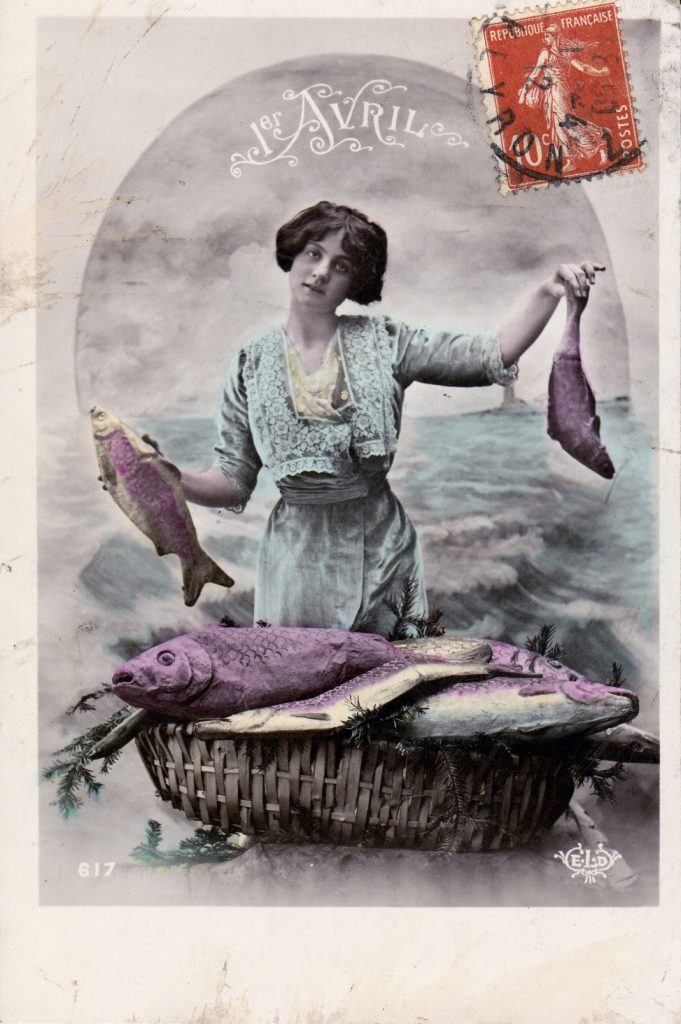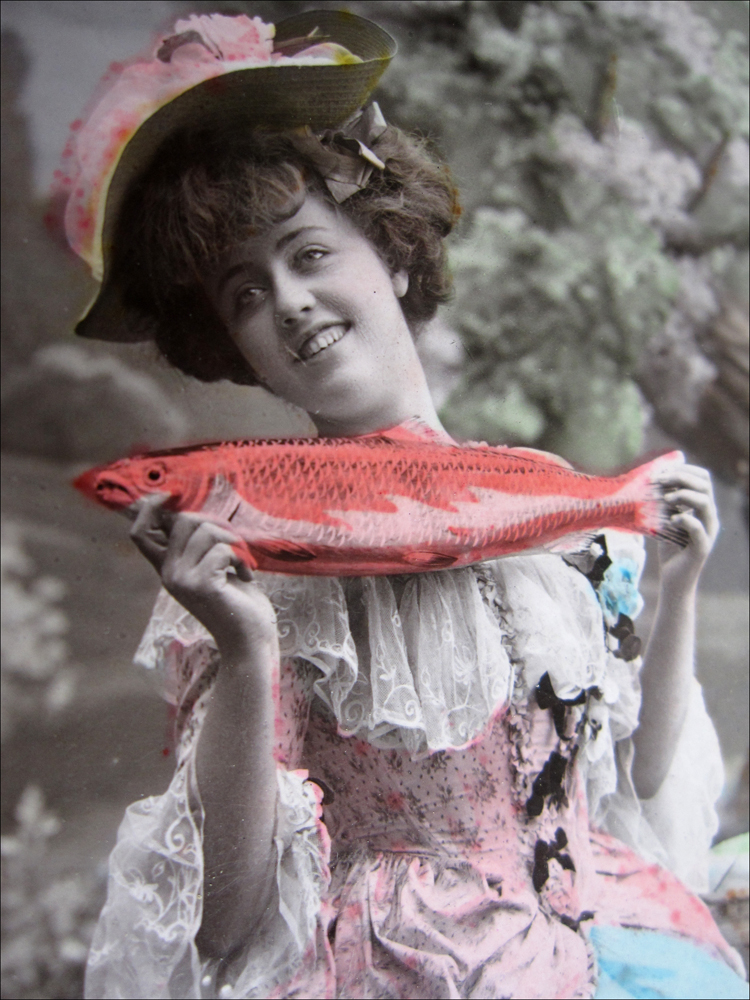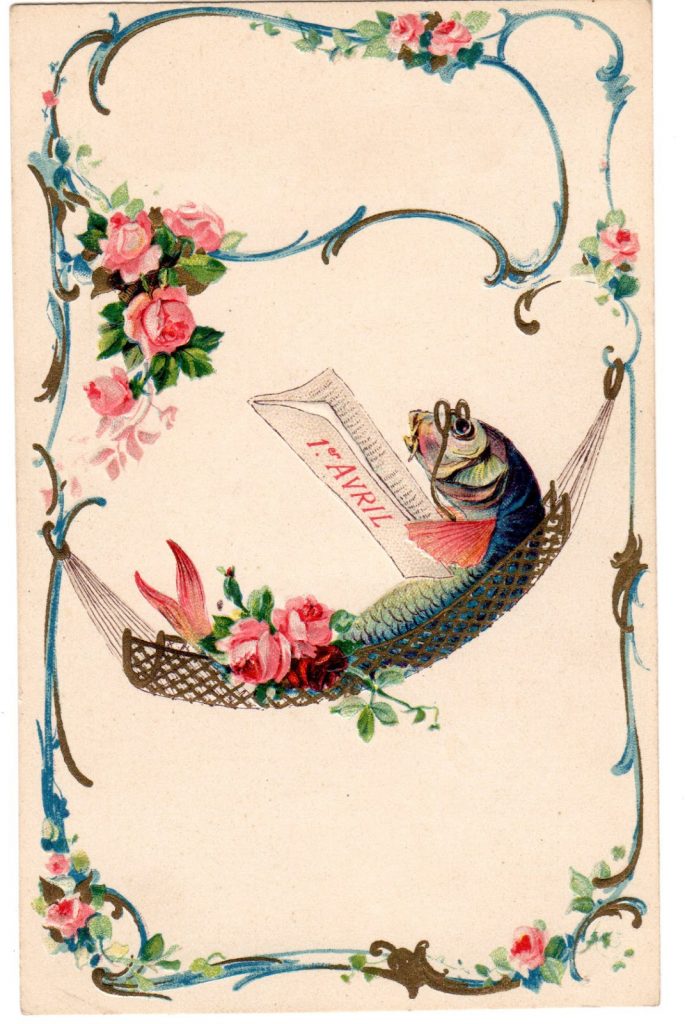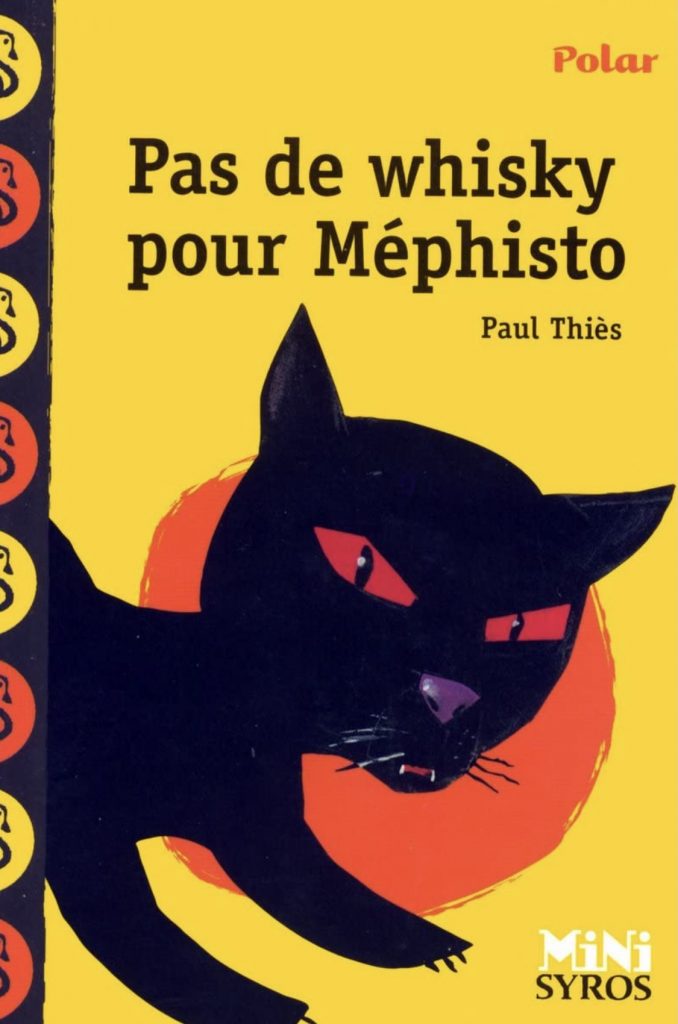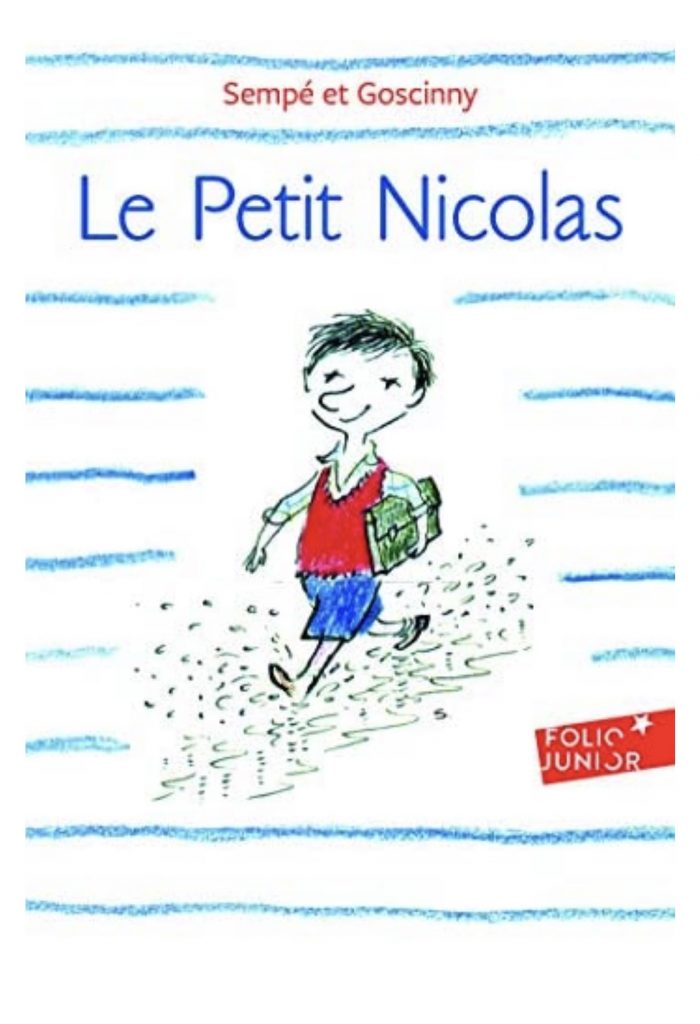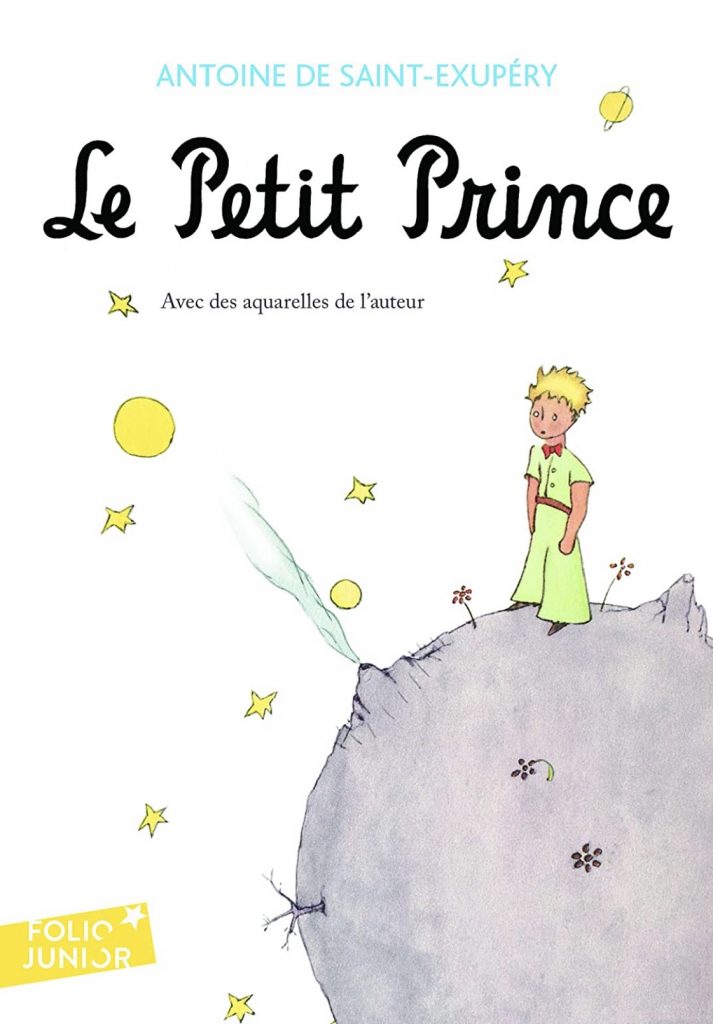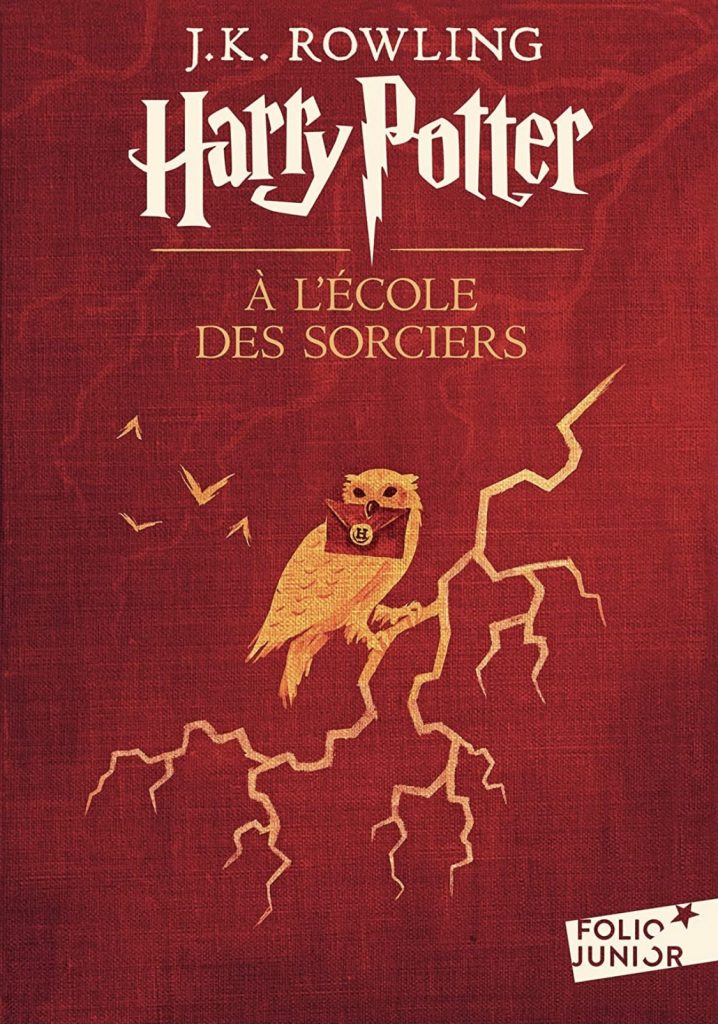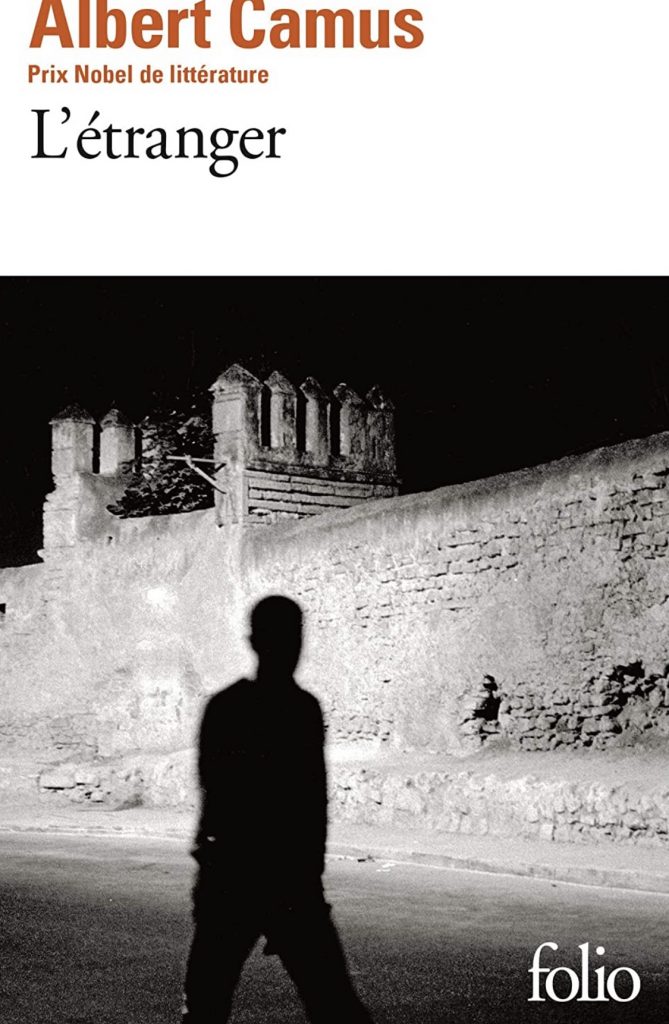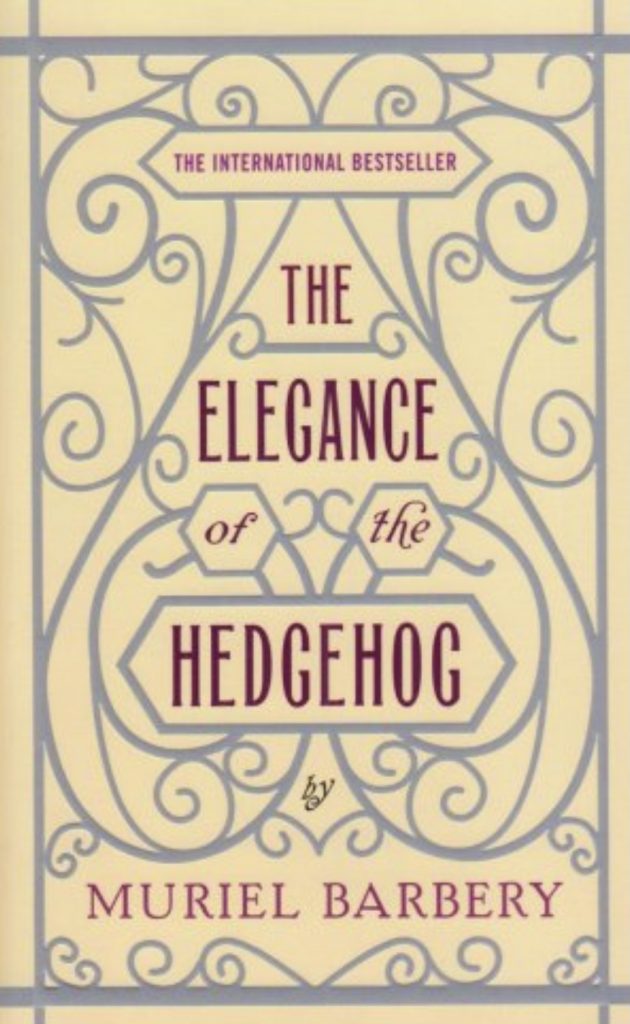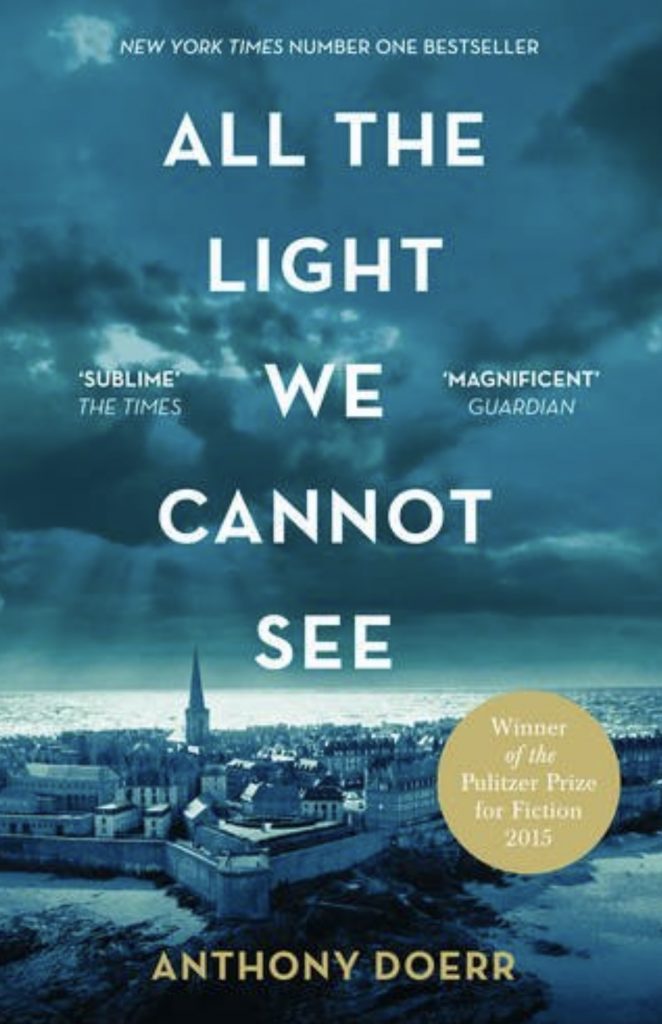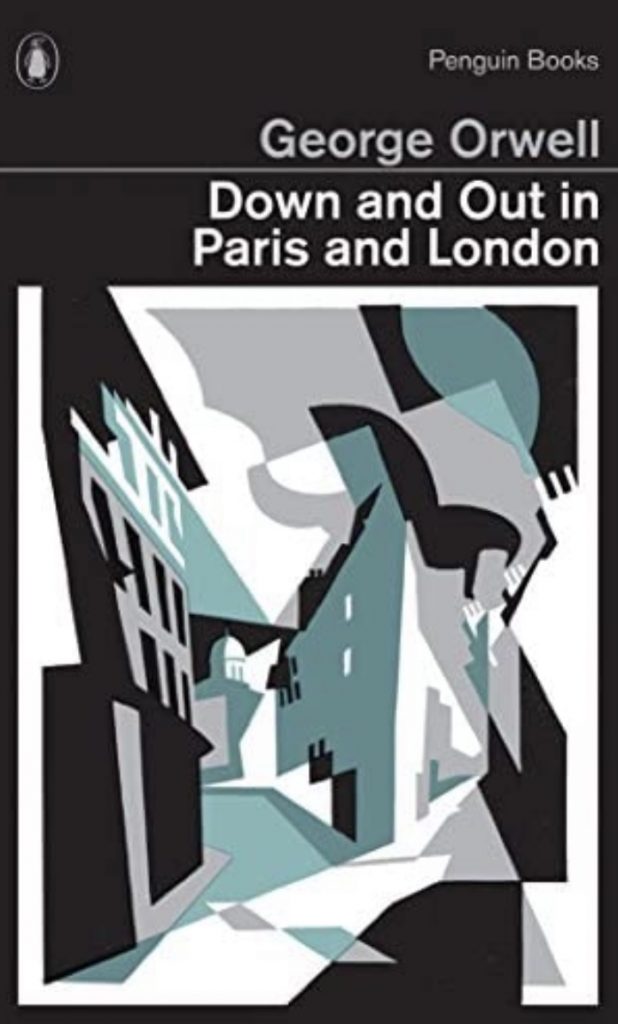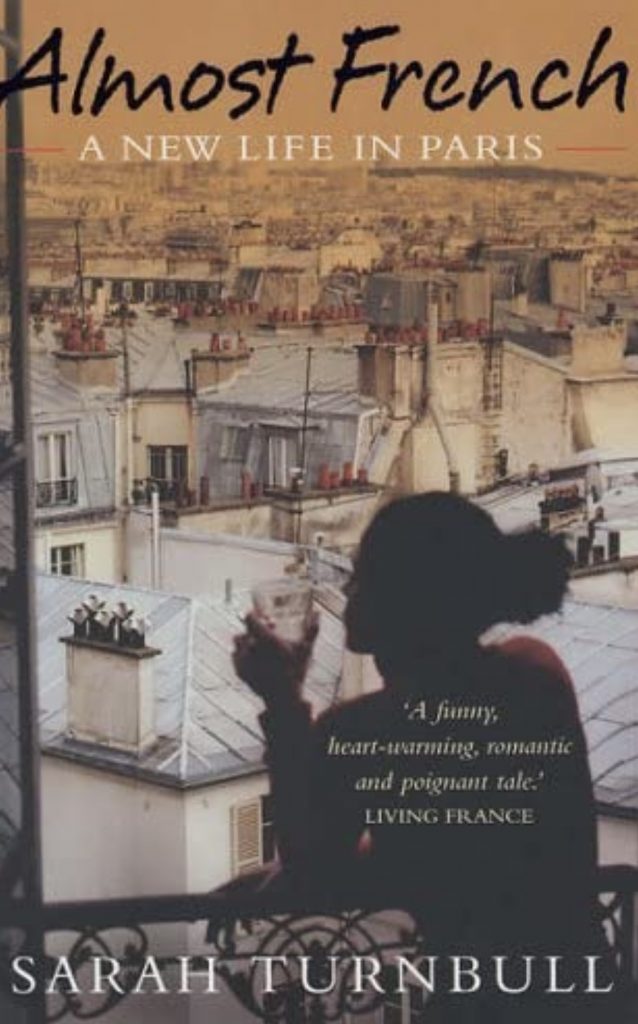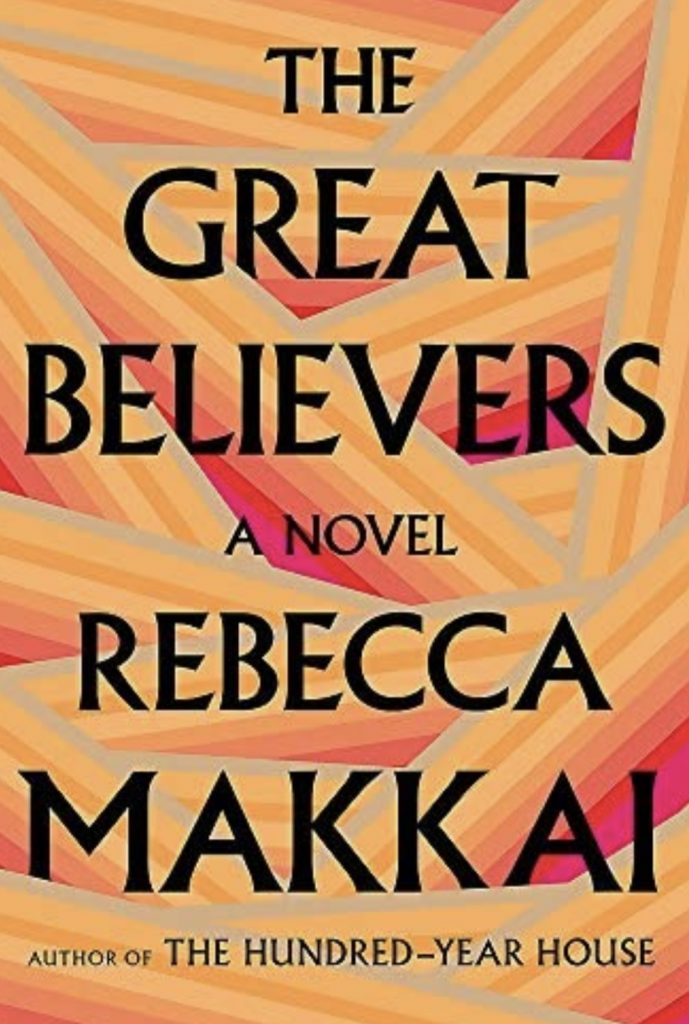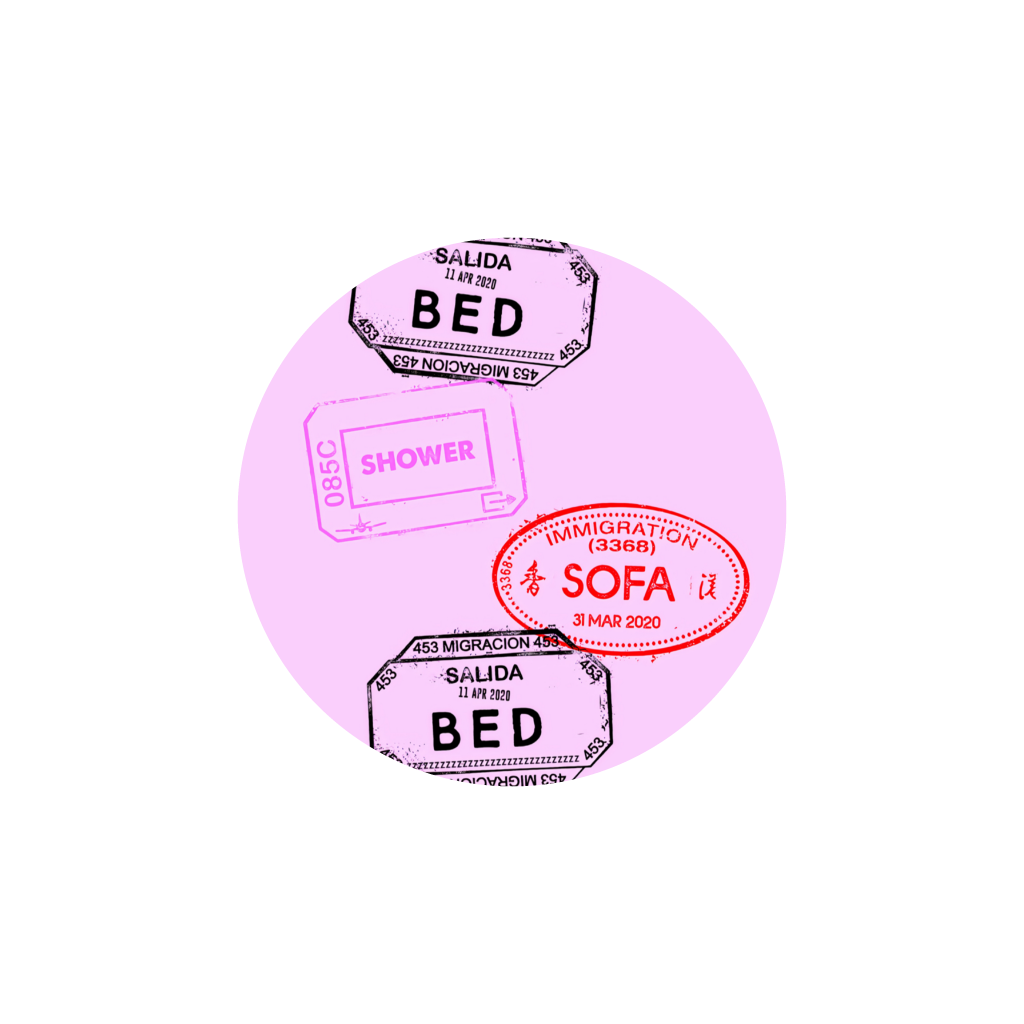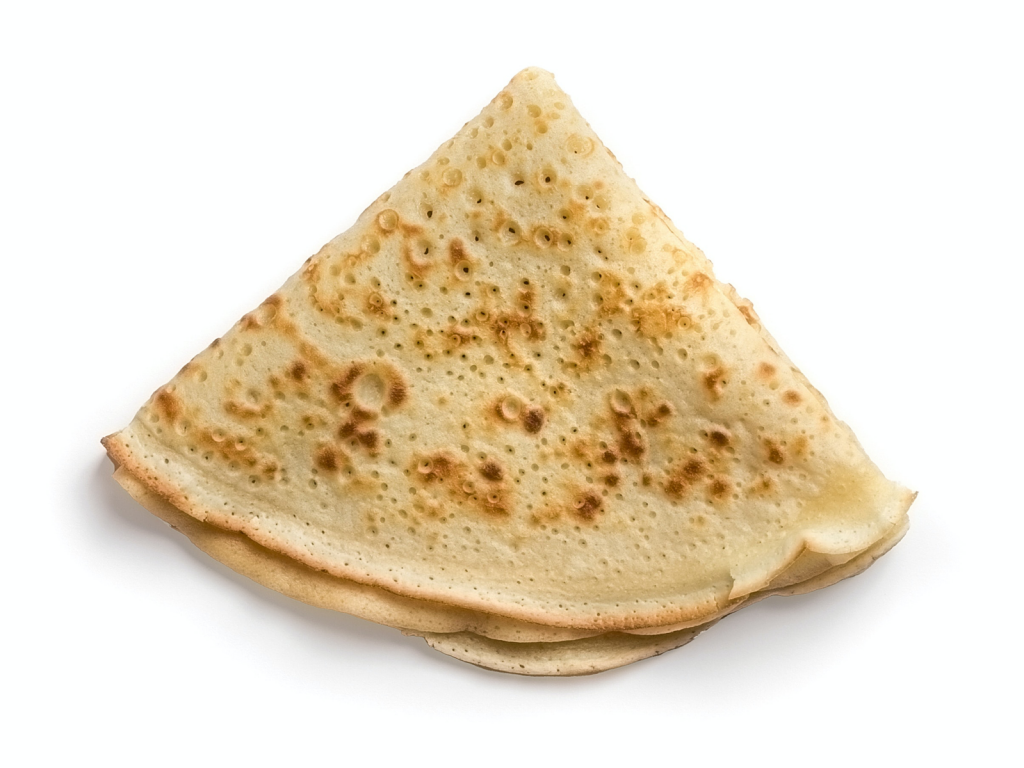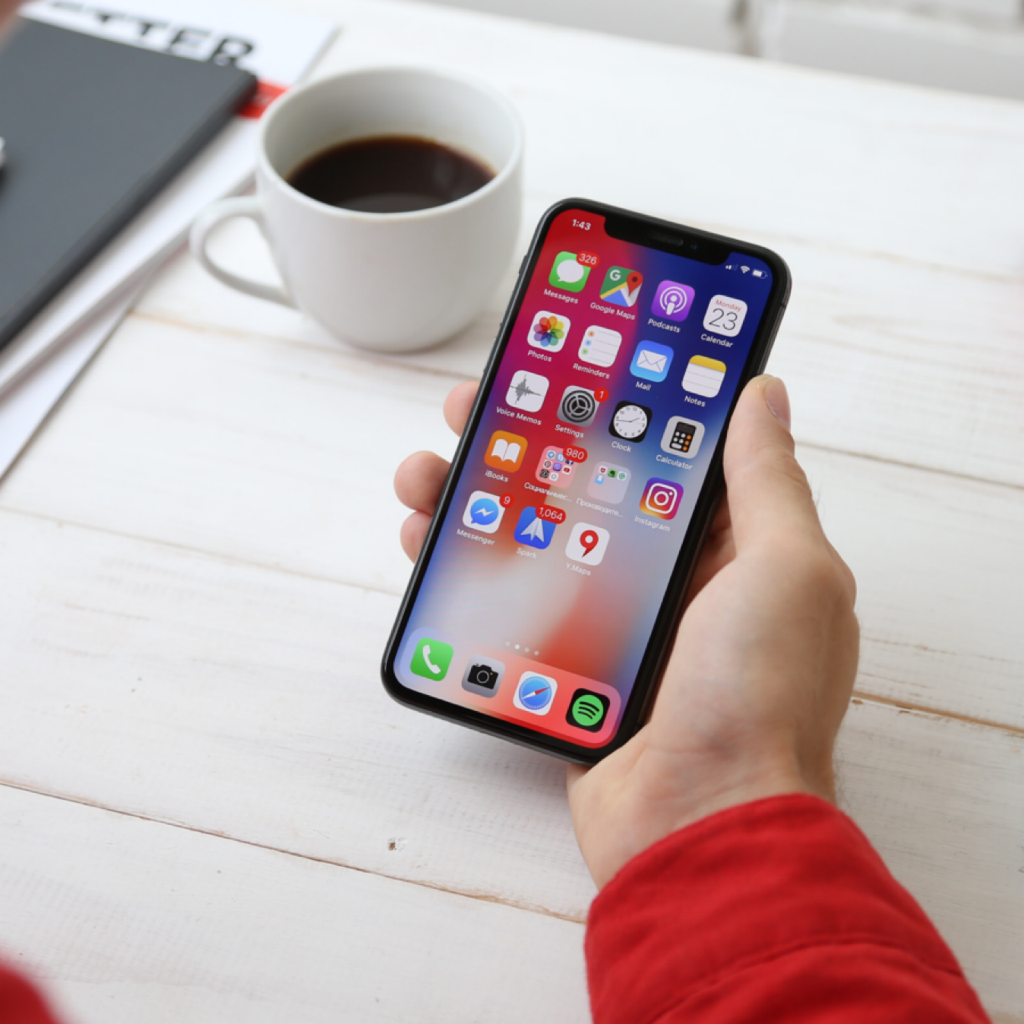
When you’re learning French, a 1hr French lesson per week will only get you so far. To really make progress, it helps to immerse yourself in the French language as much as possible in your daily life.
We think you’ll find these 5 French learning apps really useful – and they’re all completely free! We’ve tried them and we think they’re the best free apps to support you on your French learning journey.
- Radio France – Fip You will be spoiled for choice with the Radio France app! Our personal favourite is Fip radio. If you don’t listen to Fip already then you need to start immediately! It is always on at French Toast HQ. Not too much talking to be honest, but the music is just to die for and high percentage of French-language music too. Always handy for picking up extra vocab.
- Inner French We have a lot of time for Hugo and the team at InnerFrench. They always choose genuinely interesting topics and have transcriptions of all their podcasts which you can read in your own time. You can also sign up to their newsletter for interesting reading too. Always pitched with a non-native listener in mind, they will explain things a few different ways to make it easier for intermediate learners to follow. Highly recommend.
- TV5MONDE: learn French An oldie but a goodie. Be brave! Set your language to French during the set up. Then dive straight in! Complete exercises at your leisure, choose topics which you find interesting!
- Word reference For accurate and detailed translation from French to English and English to French on the go, in your pocket in seconds with loads of helpful example sentences. Much better than Google translate – we promise!
- Conjugaison Francaise Struggling to remember which ending to choose for that verb? Just search on conjugaison francaise – another free app which will make conjugation that bit simpler for you when you’re on the go and need an answer quick!
What would you add to the list?
About French Toast.
We are a petite but beautiful French teaching company based in the UK. Our 5* native-speaker tutors teach French through conversation, connection and community. Our thematic French learning packages can help you excel in French, no matter your reasons for learning and our group conversation classes can help you practise in a supportive, authentic environment. If you’d like to discuss how we can help you, book a free 15-minute consultation today.

